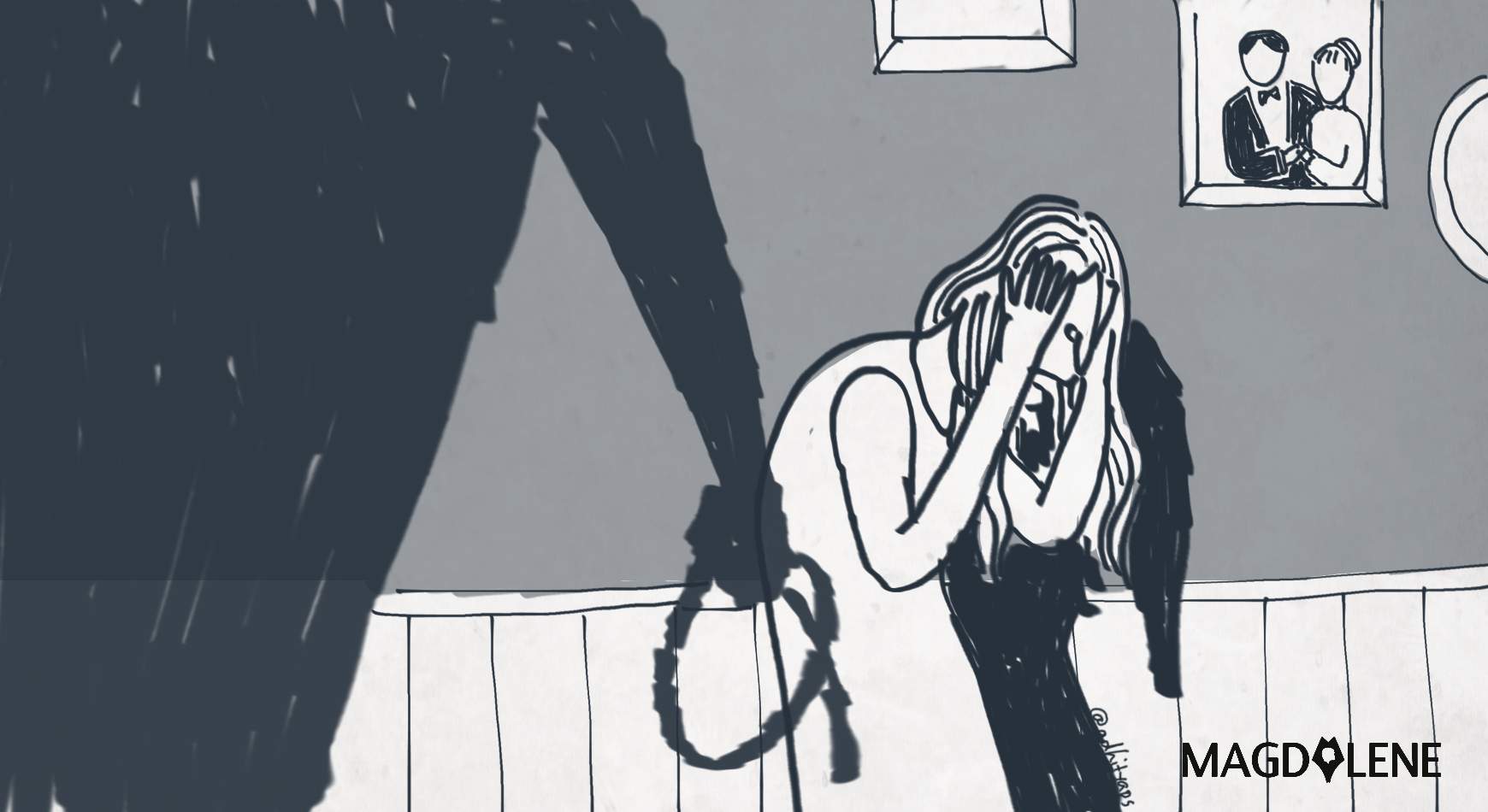The National Commission on Violence Against Women (Komnas Perempuan) has called on the government and all law enforcements to take action over worrying reports of femicide, the killing of women because they are women.
Citing media research, the commission said it had found 15 femicide cases in 2017, of which only five cases had been reported directly to the authorities. The commission said that families were often unwilling to report femicide cases because they had been through trauma.
The latest case is the killing of medical doctor Letty Sultri, who was allegedly shot dead by her husband Ryan Helmi. Letty had previously reported her husband, who is also a doctor, to the police for domestic violence, but she later retracted her report because the police never arrested him, nor did they provide temporary protection for her.
“Law enforcers should pay more attention to femicide cases. Often they happen because the victims had receive no protection previously, particularly in domestic violence cases,” said Komnas Perempuan Commissioner Mariana Amiruddin in a press briefing on Nov 24.
Femicide does not just involve a straight-up murder, but it can happen over time too, said Mariana.
“When women become victims of domestic or sexual violence, they usually get depressed, and become mentally and physically ill. The victims may choose to end their life by committing suicide,” she said.
Yuniyanti Chuzaifah, Komnas Perempuan Vice Chair, highlighted the wide range of femicide victims, from a few-month old babies to the elderly.
Komnas Perempuan also stressed on the need for the law enforcement to collect femicide cases and build disaggregated database to look at the dimensions of gender-based violence. The data could then become a reference for prevention and protection of the victims.
“Femicide cases tend to be considered as ‘ordinary’ crimes by the police. There is minimal analysis on gender-based violence cases and no attention is paid on the recovery aspect for victims and their families,” said Mariana, adding that because of this, femicide is nearly never reported to Komnas Perempuan or any service agencies.
Femicide occurs because of patriarchy and power relations between the perpetrator and the victim. The perpetrators are most likely a person close to the victims such as their husband or boyfriend.
Komnas Perempuan has analyzed patterns from various data to reveal the causes of femicide, among them sexual violence and jealousy, and what appears to be wounded or bruised masculinity.
“Some of the cases we documented involved women who were killed because they got pregnant and wanted their boyfriends to marry them. And then there was cases involving bruised masculinity. Maybe the woman had said, ‘You ejaculate too early, and you want to have sex?’ Humiliated, the man would kill her.
Having a strong law on sexual violence would be one of the ways to protect women from femicide.
“Looking at the number of victims of sexual violence and femicide, we are in a state of emergency. So the Bill on the Elimination of Sexual Violence should be a top priority for the government to pass,” said Mariana.
Read about what this actress does to get people to talk about violence against women and follow @bunnnicula on Twitter.









Comments